God's only excuse is that he does not exist

God's only excuse is that he does not exist
In the context of Stendhal, the statement "God's only excuse is that he does not exist" takes on a profound and thought-provoking meaning. Stendhal, a French writer known for his psychological realism and exploration of human emotions, often delved into themes of love, passion, and existentialism in his works. This quote can be seen as a reflection of Stendhal's own views on religion, faith, and the human experience.Stendhal was known for his skepticism towards organized religion and traditional beliefs. He often questioned the existence of a higher power and the role of religion in shaping human behavior and society. In his novel "The Red and the Black," Stendhal explores the hypocrisy and corruption within the Catholic Church, portraying a world where faith is used as a tool for power and control rather than a genuine source of spiritual guidance.
The statement "God's only excuse is that he does not exist" can be interpreted as a commentary on the human tendency to rely on external forces, such as religion, to explain the complexities of life and the universe. Stendhal may be suggesting that the concept of God serves as a convenient excuse for the unexplainable and the unjust in the world. By attributing suffering, injustice, and chaos to a divine plan or will, humans can avoid taking responsibility for their own actions and the consequences of their choices.
Furthermore, the quote can also be seen as a reflection of Stendhal's belief in the power of individual agency and self-determination. By suggesting that God's only excuse is his non-existence, Stendhal may be emphasizing the importance of taking control of one's own destiny and shaping one's own moral compass. In a world where the existence of a higher power is uncertain, humans are left to navigate the complexities of life on their own terms, making choices and facing consequences based on their own values and beliefs.
Overall, the statement "God's only excuse is that he does not exist" in the context of Stendhal's work challenges readers to question their beliefs, confront their fears, and take ownership of their lives in a world where the divine is elusive and the answers are not always clear. It serves as a reminder of the power of human agency and the importance of seeking truth and meaning in a world that is often shrouded in mystery and uncertainty.
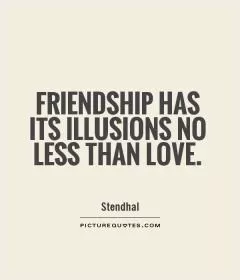



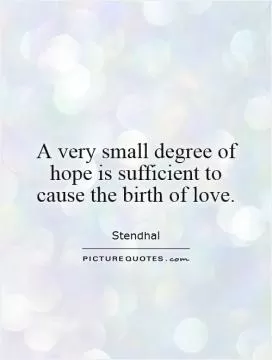



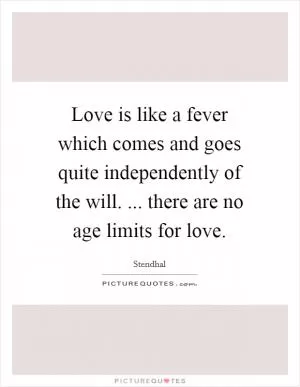
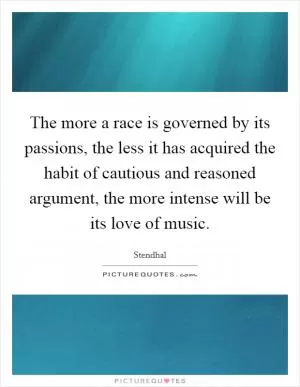
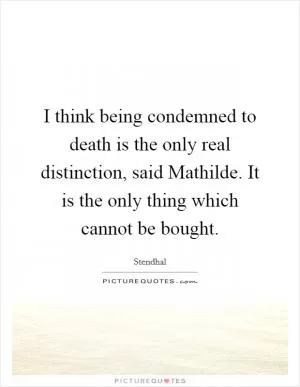

 Friendship Quotes
Friendship Quotes Love Quotes
Love Quotes Life Quotes
Life Quotes Funny Quotes
Funny Quotes Motivational Quotes
Motivational Quotes Inspirational Quotes
Inspirational Quotes